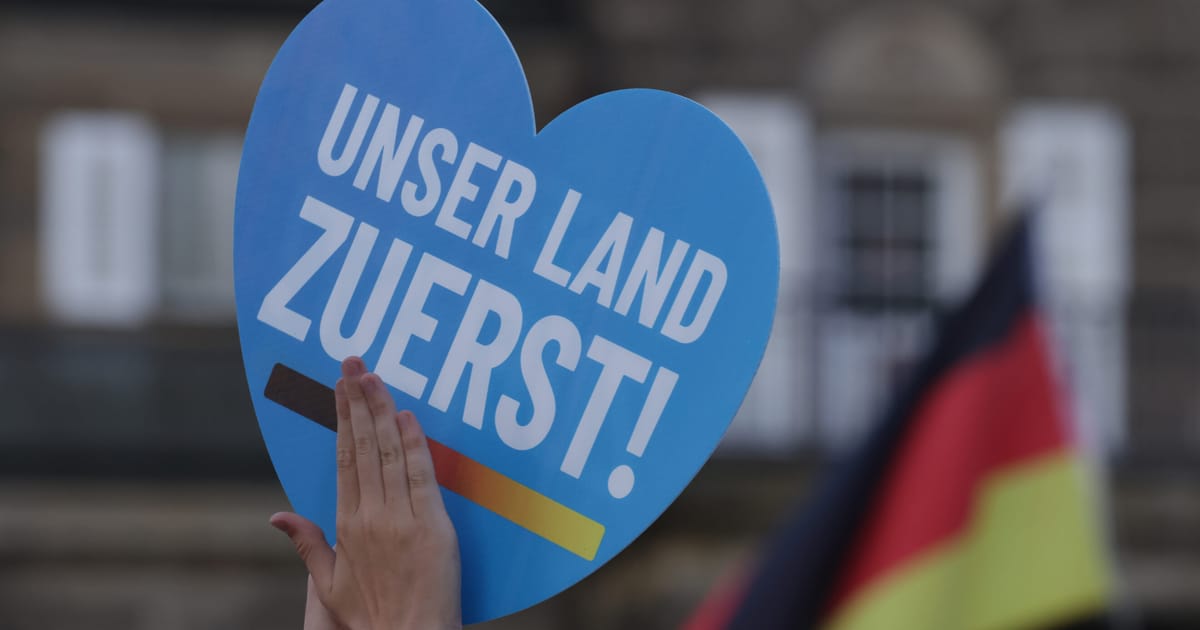How the far right won over eastern Germany – POLITICO
Indeed, there are few places in Germany where the AfD is stronger.
Nearly 35 years after the fall of the Berlin Wall, a jagged political schism runs through the country, tracing the former border between East and West Germany. On the east side of the divide, the AfD is surging despite its growing radicalism and persistent warnings from mainstream leaders that it is an extremist, even Nazi, party.
Ahead of three state elections across eastern Germany this September — including in Saxony and Thuringia this Sunday — the once-fringe party is polling first or close to first in all contests. That success is due to the party’s increasingly deep roots in small towns across the east like Großschirma, where in municipal and European Parliament elections in June, the AfD won around half the local vote, illustrating the extent to which it has become the dominant political power in the area.
The fact that so many voters in eastern Germany are increasingly embracing the far right points to the core issue underlying the divide: a stark loss of trust in the mainstream parties, institutions and the media. In the state of Saxony alone, only 41 percent of people are satisfied with the functioning of their democracy, according to a survey commissioned by the state government. Only one in ten people said they trust political parties, and only 15 percent said they trust the media.
The AfD, while doggedly stoking that mistrust, has stepped into the void, increasingly entrenching itself in eastern German society on the most local of levels. For the AfD, it is all part of a larger strategy: Begin by winning in municipalities and state parliaments across the east. That dominance, the thinking goes, will normalize the party despite its extremism, allowing it to one day expand to the highest levels of national government.
Figures like Weigand, who also runs his own ceramics-coating business, are critical to that strategy. In March, Weigand won nearly 60 percent of the vote in an election for mayor of Großschirma against two other centrist candidates. Due to a technicality, the vote was annulled, compelling Weigand to run again this Sunday. This time, he’s running unopposed.








